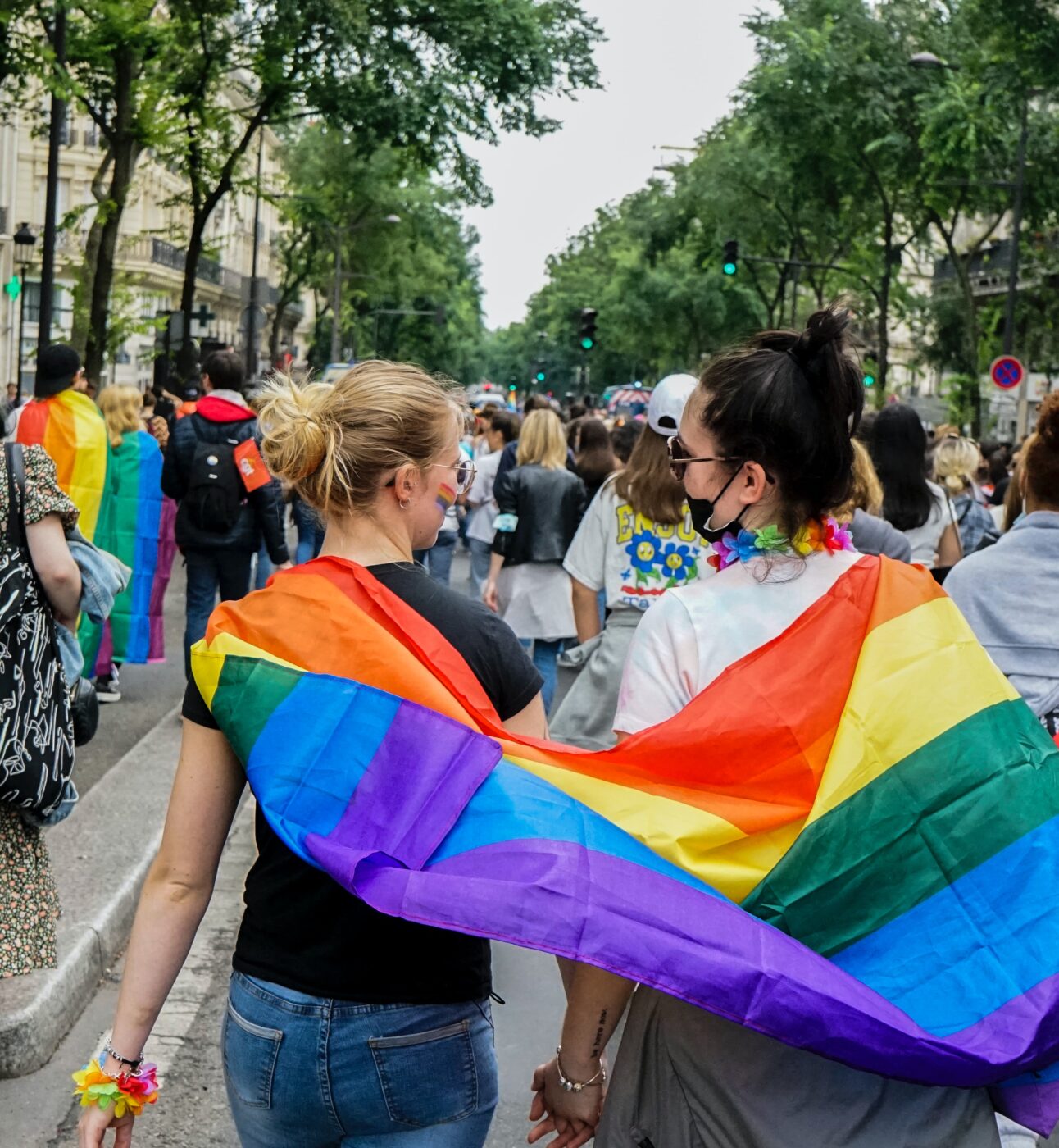
lgbtq+ housing support in greater manchester
Are you 18-25, LGBTQ+, and in need of housing support in Greater Manchester? Look no further, the Pathfinder Project can help you.

We want to recognise Hate Crime Awareness Week.
Tragically, hate crimes against LGBTQ+ people are currently on the rise in the UK.
Between 2021-2022, anti-abuse charity Galop reported that there had been a 41% increase in hate crimes against LGB people, and a 56% increase in hate crimes against trans+ people in the UK.
Hate Crime Awareness Week is important because it highlights the damage hate crimes do to people and communities. The week is about educating people on what hate crimes are, their consequences, and why reporting them matters.
At akt, we have seen first hand the devastating effects hate crimes can have on LGBTQ+ young people at risk of, or experiencing homelessness. Many of the LGBTQ+ young people we support recognised abuse and hate crimes within the home as being a leading cause of their homelessness.
as being a primary reason for their homelessness.
to the extent that they felt worthless before they became homeless
would lead to eviction
while accessing mainstream housing services
over the last 5 years in the UK
over the last 5 years in the UK
LGBTQ+ hate crimes can lead to homelessness for young people for multiple reasons, a main one being family rejection. Many of the LGBTQ+ young people we support are kicked out of their homes by family members, or feel forced to leave because their families don’t accept them. Many also face constant bullying, harassment, or violence, whether at school, work or in the community, making it too stressful or unsafe to stay at home.
LGBTQ+ young people face additional barriers when experiencing homelessness. When it comes to finding a place to live, LGBTQ+ young people sometimes face discrimination from housing services, where they may feel misunderstood or unwelcome by staff who aren’t equipped to support those who have experienced hate crimes. They may also be at risk of experiencing homophobic or transphobic hate crimes from neighbours or flatmates in their new accommodation.
When accessing mainstream services, our research has found that:
On top of that, the emotional impact of being targeted by a hate crime for being LGBTQ+ can lead to mental health struggles like anxiety or depression, which can make it hard to keep stable housing.


At akt, we believe that no individual should have to experience the threat of a sexuality or gender-based hate crime. We recognise that reporting these incidents can be overwhelming – but doing so plays an important role in accurately communicating the scale of the issue and driving policy and social change.
This resource explains how to report a hate crimes that occur online, at work, in school, at home or from a stranger.

We understand how frightening and isolating it can be to experience a hate crime. We want you to know that support is out there. Galop is National Helpline for LGBT+ Victims and Survivors of Abuse and Violence, their helpline is open to offer support Monday – Thursday, 10.00am-8.30pm and Friday from 10.00am-4.30pm.

If you are an LGBTQ+ young person who is at risk of, or experiencing homelessness due to a hate crime or any other reason, we want you to know that there’s a place for you at akt. Our live chat is open 10:00am – 4:30pm Monday-Friday. Reach out to us for support today.

Are you 18-25, LGBTQ+, and in need of housing support in Greater Manchester? Look no further, the Pathfinder Project can help you.

akt marked world homelessness day 2024 by attending an inspiring event organised by the manchester homelessness partnership!

We want to celebrate and raise awareness about National Coming Out Day.